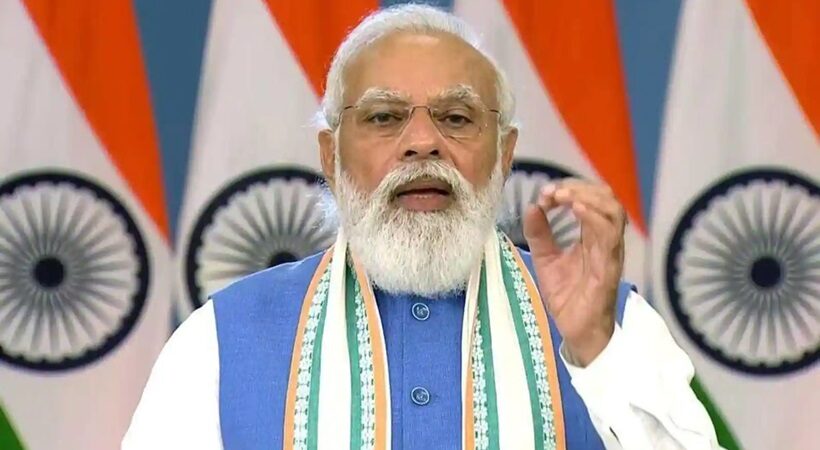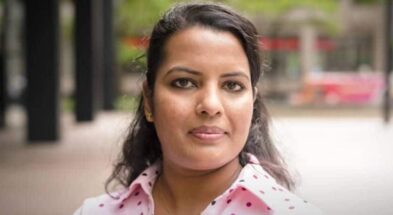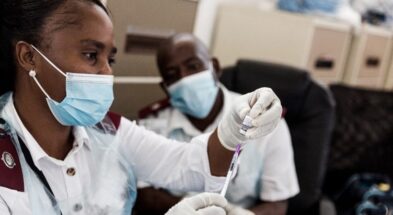Prime Minister Narendra Modi on September 27 this year launched the Ayushman Bharat Digital Mission to provide a digital health ID to citizens consisting of their health records. It will create not only a unique health ID for every citizen but also provide digital healthcare professionals and facilities registry.
While launching the digital initiative, the PM said that it has the “potential of bringing a revolutionary change in India’s healthcare facilities. Today, we will enter a new phase in our campaign to strengthen health facilities. Today, a mission is being started which has a huge power to revolutionise the health facilities of India. This mission will play a big role in overcoming problems faced by the poor and middle class in the country in accessing treatment”.
Aimed at eliminating problems in medical treatment of the poor and middle class, the Health ID “will provide reliable data, leading to better treatment and savings for patients too”.
The National Digital Health Mission was implemented in six Union Territories almost a year ago on a pilot basis, and as of today more than one lakh unique Health IDs have been created.
Key Components of Digital Health ID
Following in the footsteps of other digital initiatives of the government like Jan Dhan, Aadhaar and Mobile trinity, Pradhan Mantri Digital Health Mission (PM-DHM) will create a seamless online platform through the provision of a wide range of information and infrastructure services, data, duly leveraging open, interoperable, standards-based digital systems and ensure the security, confidentiality and privacy of health-related personal information.
In short, PM-DHM will create interoperability within the digital health ecosystem, which is similar to the role played by Unified Payments Interface in revolutionising payments.
- The key components of this mission include a Health ID, which will contain a unique 14-digit health identification number for every citizen. The Health ID will also work as a health account. It will be a repository of all health-related information of an individual and will enable access and exchange of longitudinal health records of individuals with their consent.
- The national Health ID will have all details, including every test, every disease, the consultants visited upon, the medicines taken and the diagnosis. Individuals can easily access this information even if they or their patients move to a new place and visits a new doctor.
- Created by using a person’s basic details and mobile number or Aadhaar number, the Health ID keeps personal health records that can be linked and viewed using mobile applications named Healthcare Professionals Registry (HPR) and Healthcare Facilities Registries (HFR).
- As the Health ID under NDHM aims to help the poor and middle-class people with medical treatment, it is free of cost and voluntary.



















